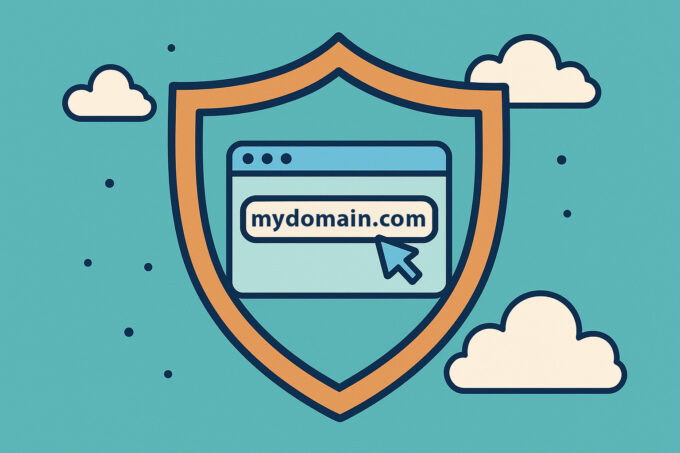Selecting the right website hosting plan is a critical decision that can significantly impact your website’s performance, security, and overall success. With various hosting options available, it’s easy to feel overwhelmed. In this blog post, we’ll guide you through the process of choosing the perfect hosting plan for your website by exploring different types of hosting and their suitability for various projects.
Shared Hosting
Shared hosting is a cost-effective option where multiple websites share resources on the same server. It’s suitable for small personal websites or blogs with low traffic.
Virtual Private Server (VPS) Hosting
VPS hosting provides dedicated resources within a virtualized environment. It’s ideal for businesses and websites that need more control and scalability than shared hosting can offer.
Dedicated Hosting
Dedicated hosting provides an entire physical server exclusively for your website. It’s suitable for large websites, e-commerce stores, or applications with high traffic and resource demands.
Cloud Hosting
Cloud hosting offers scalability and flexibility by hosting your website on a network of virtual servers. It’s a good choice for websites with fluctuating traffic levels.
Managed WordPress Hosting
Managed WordPress hosting is tailored specifically for WordPress websites. It offers optimized performance, security, and support for WordPress users.
Reseller Hosting
Reseller hosting allows you to resell hosting services to other clients. It’s a business-oriented option if you’re interested in becoming a hosting provider yourself.
Consider Resource Needs
Assess your website’s resource needs, including CPU, RAM, storage, and bandwidth requirements. Ensure your chosen hosting plan can accommodate these needs.
Scalability
Consider whether the hosting plan allows for easy scalability as your website grows. You should have the flexibility to upgrade or downgrade resources as necessary.
Reliability and Uptime
Check the hosting provider’s uptime guarantee and reliability. Your website should be accessible to users 24/7 without significant downtime.
Security Features
Assess the security features offered by the hosting provider, including firewalls, malware scanning, and SSL certificates.
Support and Customer Service
Excellent customer support is crucial. Look for hosting providers that offer 24/7 customer support and multiple channels of communication.
Price and Budget
Consider your budget constraints but avoid compromising performance and security for the sake of cost savings. Balance your budget with your website’s needs.
Data Center Location
The location of the hosting provider’s data center can impact website speed and performance. Choose a data center location closest to your target audience.
Reviews and Recommendations
Research and read reviews from other users to gauge the hosting provider’s reputation and reliability.
Backup and Recovery Options
Evaluate the backup and disaster recovery options provided by the hosting plan. Regular backups are essential for data protection.
By carefully considering these factors and matching them to your website’s specific needs and goals, you can make an informed decision when choosing the right website hosting plan. Whether you’re starting a personal blog, running a small business website, or managing a high-traffic e-commerce store, the right hosting plan can set the foundation for online success.



